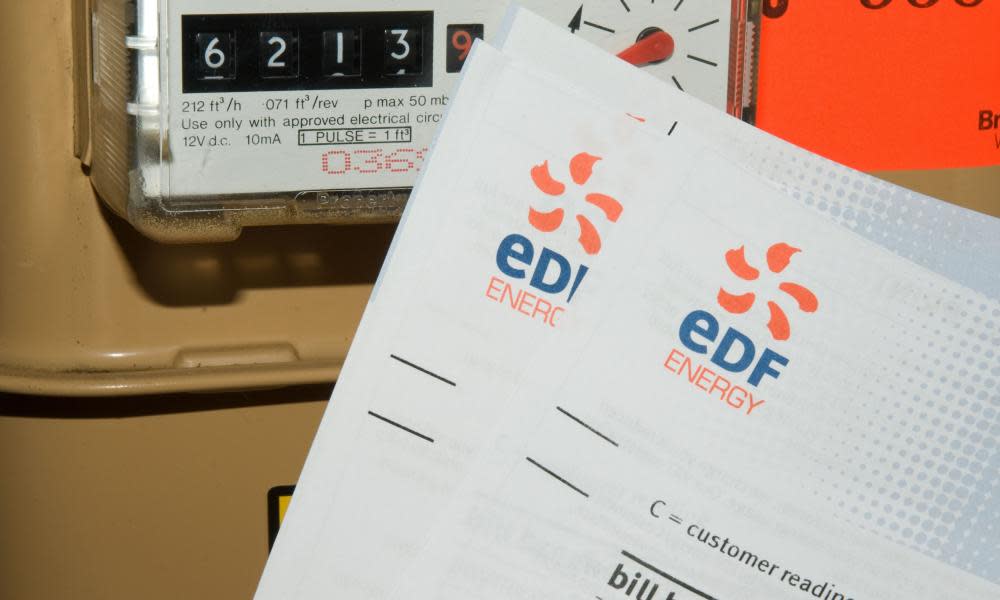Green party calls for nationalisation of big five energy firms

The Greens have called for the permanent nationalisation of the main energy supply companies and for domestic fuel bills to be reduced to the level of last autumn, describing this as a solution to the failed experiment with a market-based energy system.
In a proposal that goes well beyond Labour’s idea for a freeze on energy bills for at least six months, the Greens said nationalising the main five energy firms was a necessary part of a plan sufficiently ambitious “to avoid a catastrophe this winter”.
The scheme would be based on one proposed by the TUC last month. This was based on a cost of about £2.85bn to nationalise the big five supply firms – British Gas, E.ON, EDF, Scottish Power and Ovo. As a comparison, the government spent £2.2bn bailing out another firm, Bulb.
The Green plan would also involve the energy price cap – the maximum households can pay – being put back to the level of last autumn, before this April’s increase of nearly £700 a year for the average household.
Putting this in place throughout the autumn and winter would cost about £37bn, the party said, compared with the £29bn estimated cost of Labour’s proposal to keep the cap at its current level.
The cost would be paid for in part by tightening up the government’s windfall tax on oil and gas firms’ extra profits from higher global prices, and the party also proposes higher taxes for very wealthy people.
Carla Denyer, a co-leader of the Greens alongside Adrian Ramsay, said the party would also aim to create more energy efficiency by introducing differential tariffs under which households that use a lot of power face proportionally rising prices, with exceptions for people with disabilities or chronic health conditions.
The party is already committed to a mass programme of home insulation to improve energy efficiency.
“This experiment with an energy supply market has failed,” Denyer said. “Only the government can intervene at the scale required to avoid a catastrophe this winter.”
She said there was “nationwide anxiety about the prospect of unpayable energy bills”, adding: “Other parties have only offered to fix energy prices at current levels, but we know these are already unaffordable. We would return energy prices to an affordable level.”
Denyer said: “By bringing the big five energy retail companies into public ownership, setting the price of energy at an affordable rate and absorbing the global price rises, the government could make sure everybody can afford to get through this cost of living crisis. At the same time, it will mean this public service will be able to be run in the public interest, instead of in the interest of profit-making.”
Labour and the Liberal Democrats have called for a freeze on energy bills at current levels. Boris Johnson’s government has said more must be done to help households with energy costs, but that policies must be decided by his successor.
Liz Truss, the favourite to take over as prime minister, has said she is focused on tax cuts rather than direct help with energy costs, though the latter is not ruled out. Rishi Sunak, the other contender, has set out proposals including a cut to VAT on energy.

 Yahoo News
Yahoo News 
